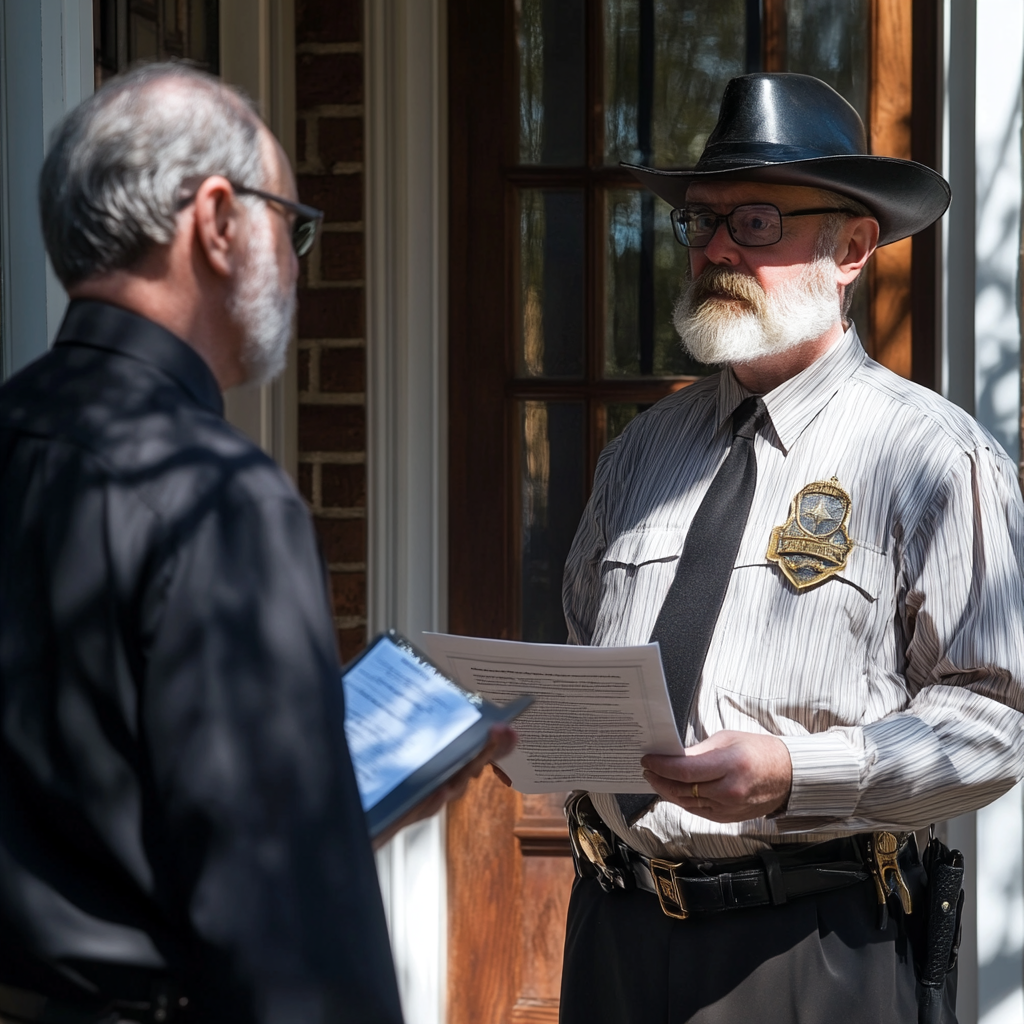“A Pauper's Affidavit is a legal document that allows individuals who cannot afford court fees to request a waiver. In the context of Chapter 7 bankruptcy, this affidavit can help you bypass the filing fees, which can be a significant barrier for many debtors.”
Documentation Required to File for Bankruptcy in Charlotte, North Carolina
“Remember, the bankruptcy process in Charlotte, North Carolina, can be complex. While this list covers the essential documents, your specific situation may require additional paperwork. It's always best to consult with a qualified Charlotte bankruptcy attorney who can guide you through the process and ensure you have all the necessary documentation for your case.”
Understanding the Waiting Period: Filing Chapter 13 After a Previous Discharge
“When it comes to filing a subsequent Chapter 13 bankruptcy after a previous discharge, the law stipulates a specific waiting period. According to the U.S. Bankruptcy Code, you must wait two years from the date of filing your previous Chapter 13 bankruptcy before you can file another one.
It's important to note that this two-year period is calculated from the filing date of your previous bankruptcy, not the discharge date. This distinction is crucial because a Chapter 13 bankruptcy typically lasts three to five years, meaning that in most cases, you'll be eligible to file again immediately after your previous case is closed.”
What Does 'Surrendering' Your Vehicle Mean in a Chapter 7?
“Deciding to surrender your car during Chapter 7 bankruptcy is not a decision to be taken lightly. It is essential to weigh the benefits and drawbacks carefully while considering your overall financial situation. Understanding what surrendering your vehicle entails, including the long-term implications for your credit and future transportation needs, is vital for making an informed decision.”
Navigating Chapter 7 Bankruptcy in NC: Is Your Home Equity Over $35,000 a Concern?
If I Default on a SBA Loan, Can Bankruptcy Stop an Administrative Lien on my Home?
“Bankruptcy can provide relief for individuals and businesses facing insurmountable debt. It is a legal process that allows borrowers to eliminate or repay their debts under the protection of the bankruptcy court. However, it's important to note that bankruptcy does not automatically eliminate administrative liens on your home. The impact of bankruptcy on administrative liens depends on the type of bankruptcy you file.”
If You Owe Property Tax in North Carolina & you are a Veteran or Senior Citizen, Do Not File Bankruptcy.
“In conclusion, if you're a homeowner in Mecklenburg County, North Carolina, and you're struggling with past-due property taxes, you may have options beyond filing for bankruptcy. The Disabled Veteran Homestead Exclusion and the Senior Citizen Homestead Exclusion can provide significant tax relief, allowing you to keep your home and avoid the negative consequences of bankruptcy. By understanding your eligibility and navigating the application process, you can take control of your financial situation and secure a more stable future. Please click on the link to access the form to apply for relief of property tax fees https://www.ncdor.gov/2024-av-9-securedpdf/open”
How Day Trading Income is Treated in Bankruptcy
“In Chapter 7 bankruptcy, which is also known as liquidation bankruptcy, your non-exempt assets are sold to repay your creditors. If you've made substantial profits as a day trader after filing for Chapter 7 bankruptcy, those profits may be considered part of your bankruptcy estate. This means that the bankruptcy trustee has the authority to collect and distribute those profits to your creditors.”
Divorce, Spousal Debt and Bankruptcy
“Divorce can be a challenging and overwhelming process, especially when it involves the division of debt. If you are worried about being held responsible for your ex-spouse's debt, it is important to consult with a knowledgeable attorney who can guide you through the legal options available. Whether through negotiation, mediation, or bankruptcy, there are ways to get rid of your ex-spouse's debt and move forward with a fresh start. Remember, every situation is unique, so it is essential to seek personalized advice to ensure the best possible outcome for your specific circumstances. Hishaw Law LLC Blog”
Can I get rid of my second mortgage if I file Chapter 13 Bankruptcy?
“Lien stripping is only available in Chapter 13 bankruptcy and is only possible if the value of your home is less than the amount you owe on your first mortgage. In other words, if your home is worth less than what you owe on your primary mortgage, then the second mortgage or home equity loan may be considered unsecured debt, which can be treated similarly to credit card or medical debts.”























